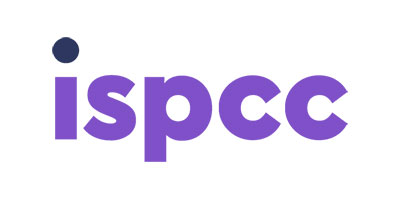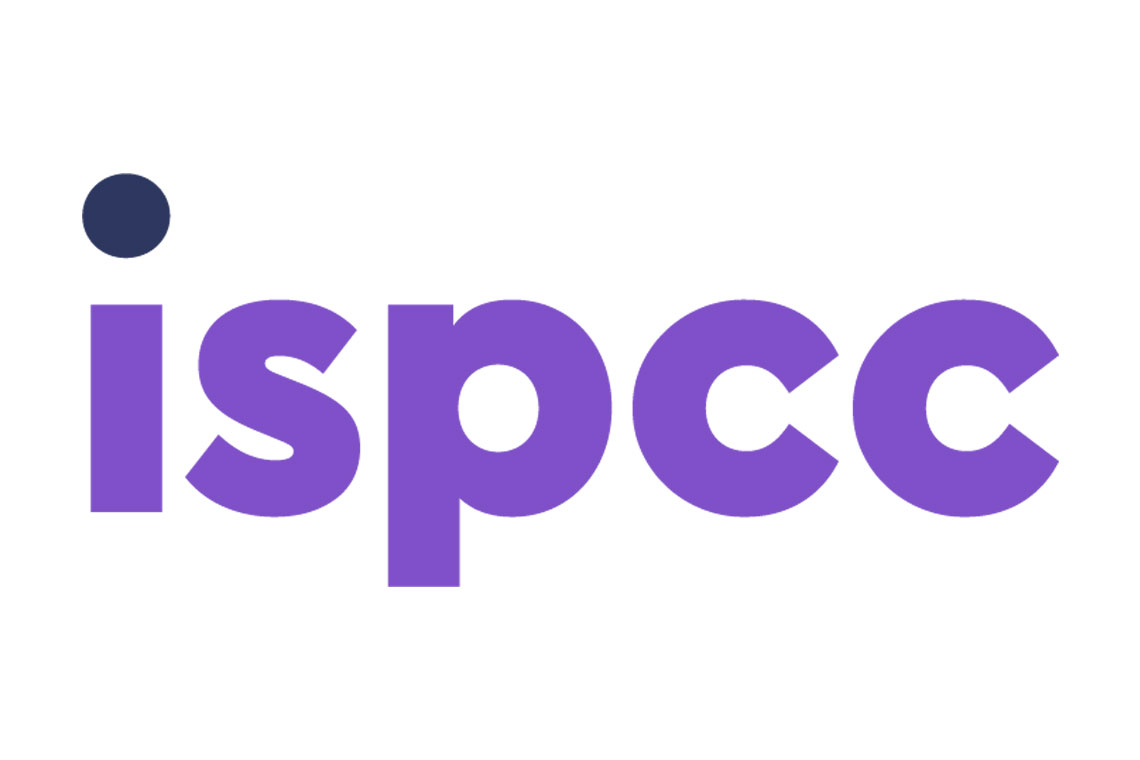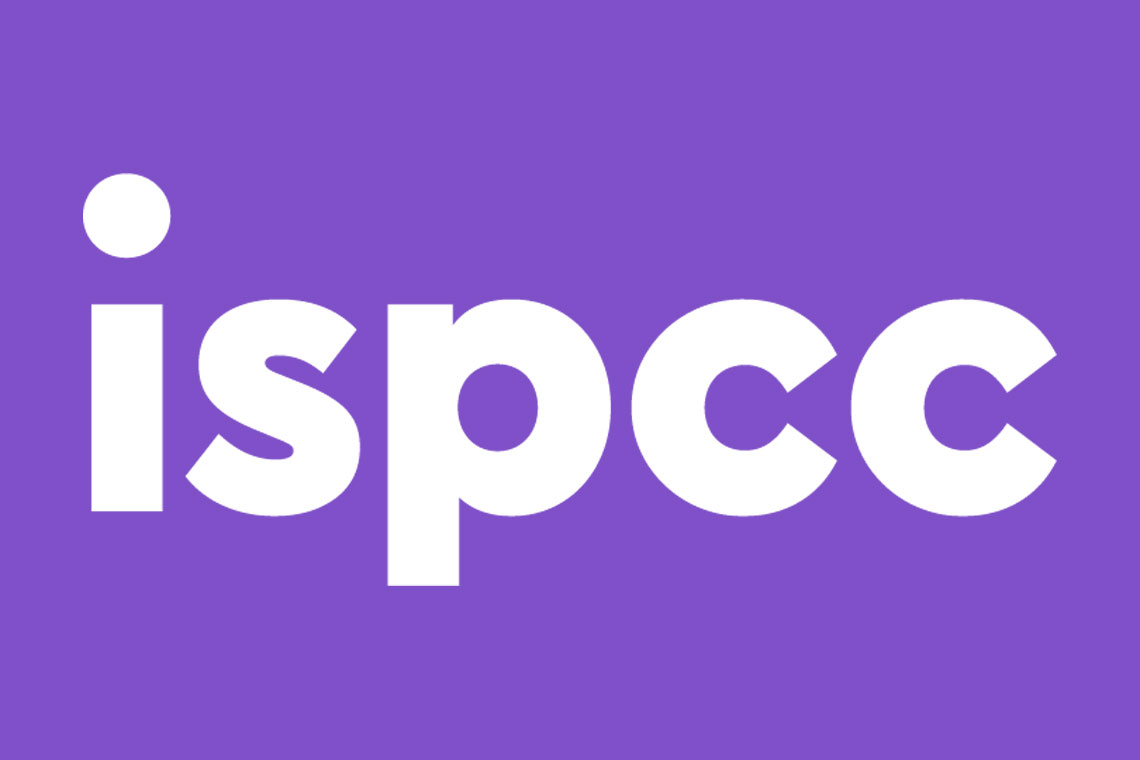
Today, Hotline.ie launched its annual report for 2020 ‘Break the Cycle: one report at a time’ highlighting that it received 10,583 reports from the public, with 2,852 identified as containing child sexual abuse material (CSAM).
The report goes on to highlight that the service has seen a 142 per cent increase in CSAM which appeared to have been self-generated; mainly girls under 15 years of age, where signs of coercion or grooming were evident. Whilst 42 per cent of the CSAM detected appeared to be produced for financial gain, with one in two reports containing video content. Girls (81 per cent) predominantly featured in all CSAM detected, with 78 per cent between the ages of four to 12 years of age, and seven per cent believed to be three years of age or younger. These are frightening and stark findings.
Children who are abused and exploited in this way often speak about the additional trauma they experience from knowing the images of their abuse are still online and can be viewed by anyone. The ISPCC commends the dedication and hard work of all the Hotline.ie team in their efforts to protect children online and to prevent this re-victimisation.
John Church, ISPCC Chief Executive commented: ‘I congratulate Hotline.ie, our partners in the Irish Safer Internet Centre, on another impactful year. ‘Breaking the cycle’ of CSAM online is key to lessening the proliferation of these abusive images and the subsequent re-victimisation of the child. Child sexual abuse is an issue we need to be talking about more: understanding its prevalence, recognising its impact, and actively and collaboratively working together on protecting against it.’
‘Hotline.ie’s annual report shows that those who want to sexually abuse and exploit children become ‘au fait’ with how to manipulate existing technologies and its design flaws for their end game. We know that some platforms are planning on introducing end-to-end encryption on their services. This will have a devasting impact on the work agencies like Hotline.ie and law enforcement are trying to do. Technologists, innovators and policy-makers must find a way for privacy and child protection to co-exist online.’
Hotline.ie works to combat child sexual abuse and exploitation online to protect children within Ireland and abroad from these heinous crimes, reaffirming the borderless nature of the issue.
Today’s Hotline.ie insights come as NSPCC in the UK reveal that figures obtained by them show that online grooming crimes recorded by police have increased by almost 70 per cent in the last three years, highlighting how the flawed design of technology is allowing perpetrators to access children for nefarious purposes.
John Church: ‘The ISPCC also supports Hotline.ie’s ask that we ‘call it for what it is’: child sexual abuse material. Language is important to mitigate any notion that such a crime be viewed as consensual and/or victimless, and we must all be cognisant that this type of content is abuse and exploitation, and nothing less.’
The ISPCC encourages companies to sign up to and adhere to the Hotline.ie’s Code of Practice to ensure the swift takedown of this content whilst affording an opportunity for child victims to be identified and rescued. If anyone is concerned that something they have seen online is sexually abusive and/or exploitative to a child, the ISPCC ask that you please report to Hotline.ie. It is up to each of us to ‘Break the Cycle: one report at a time.’


